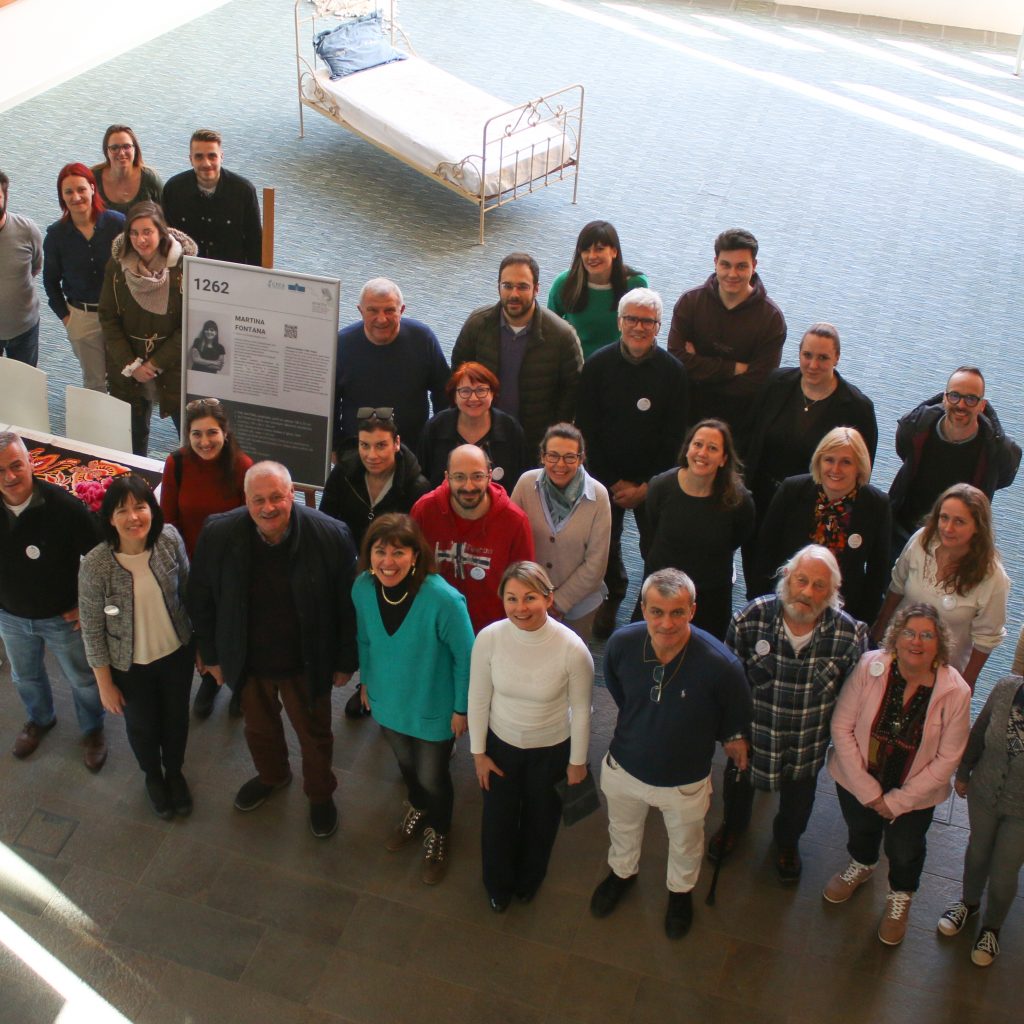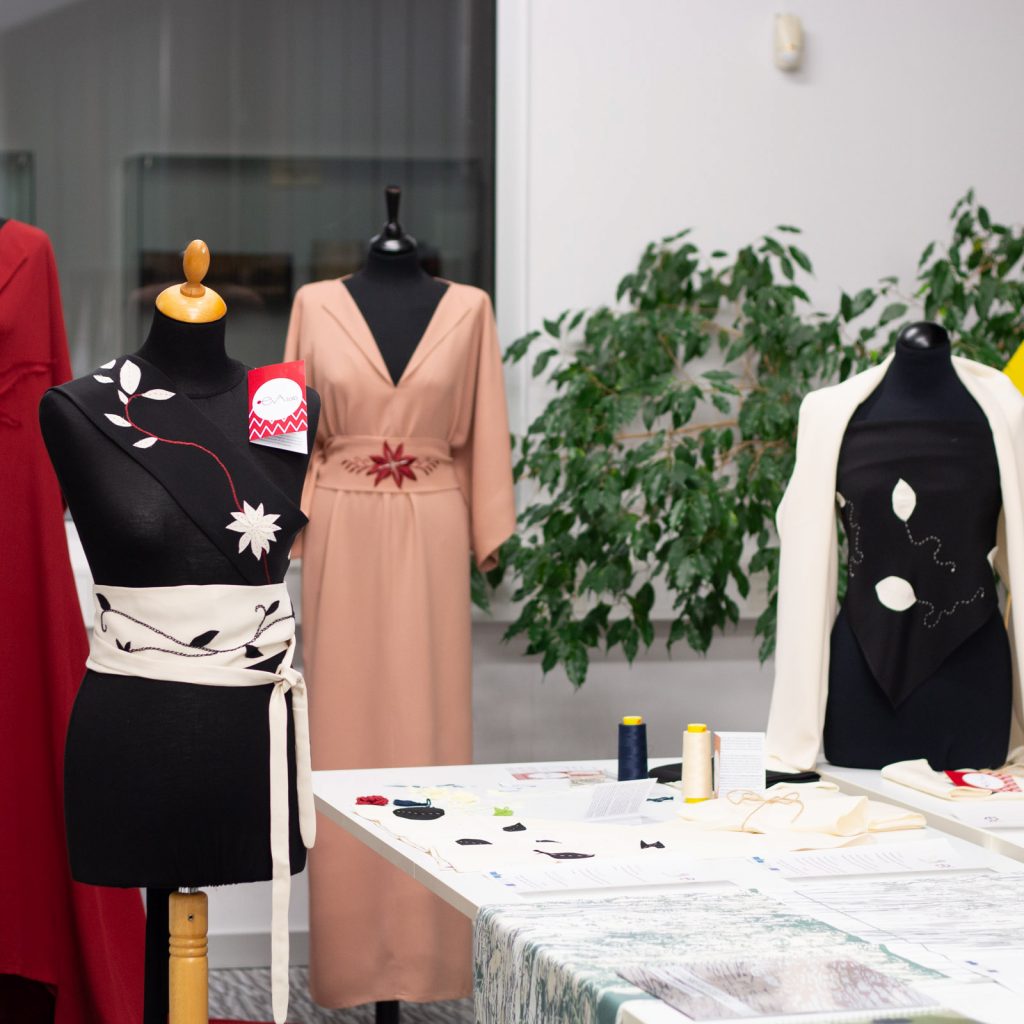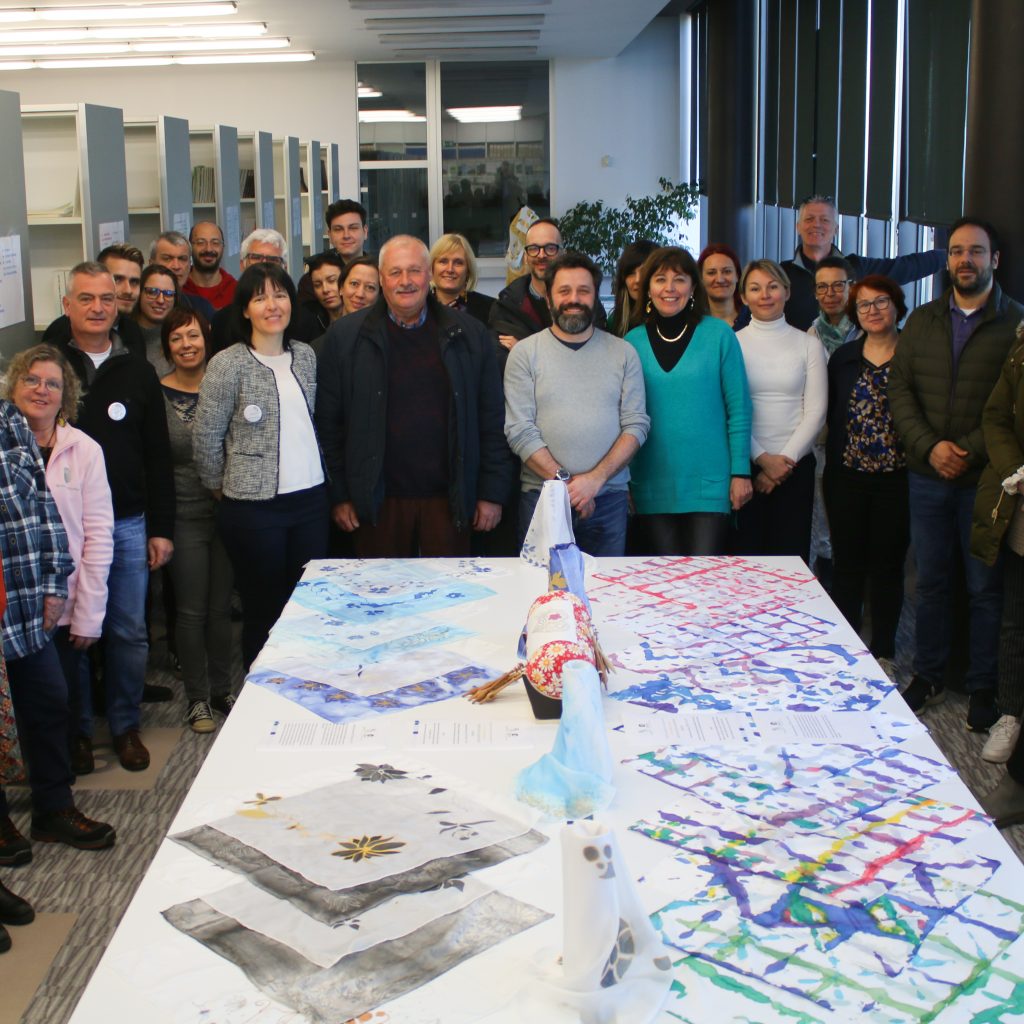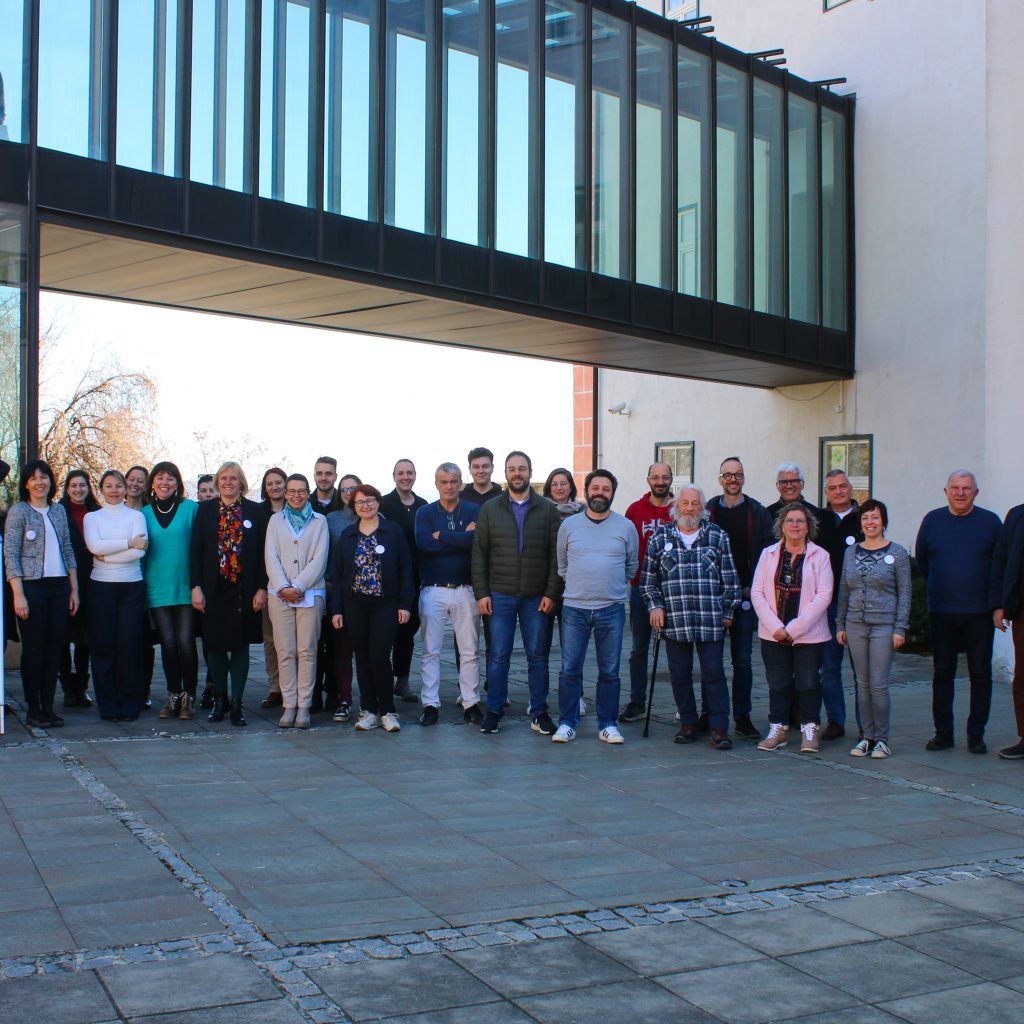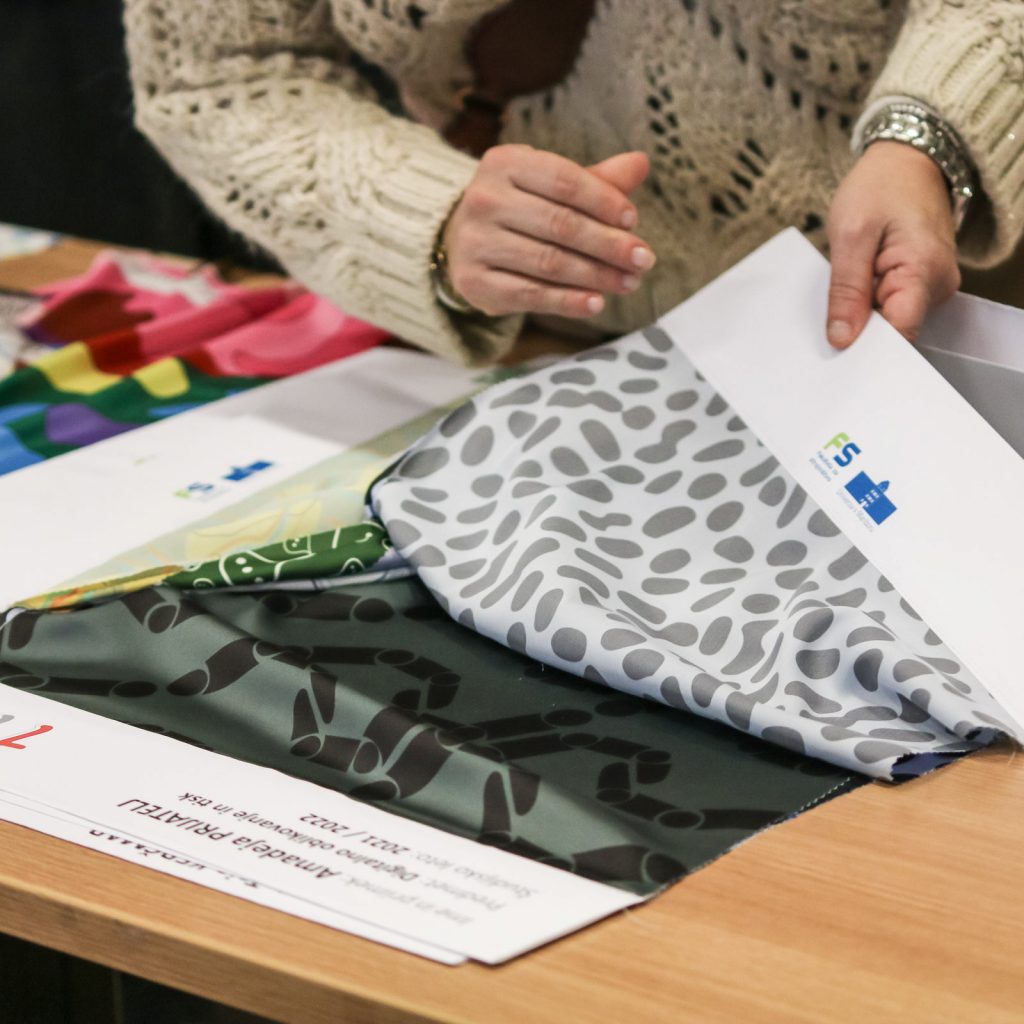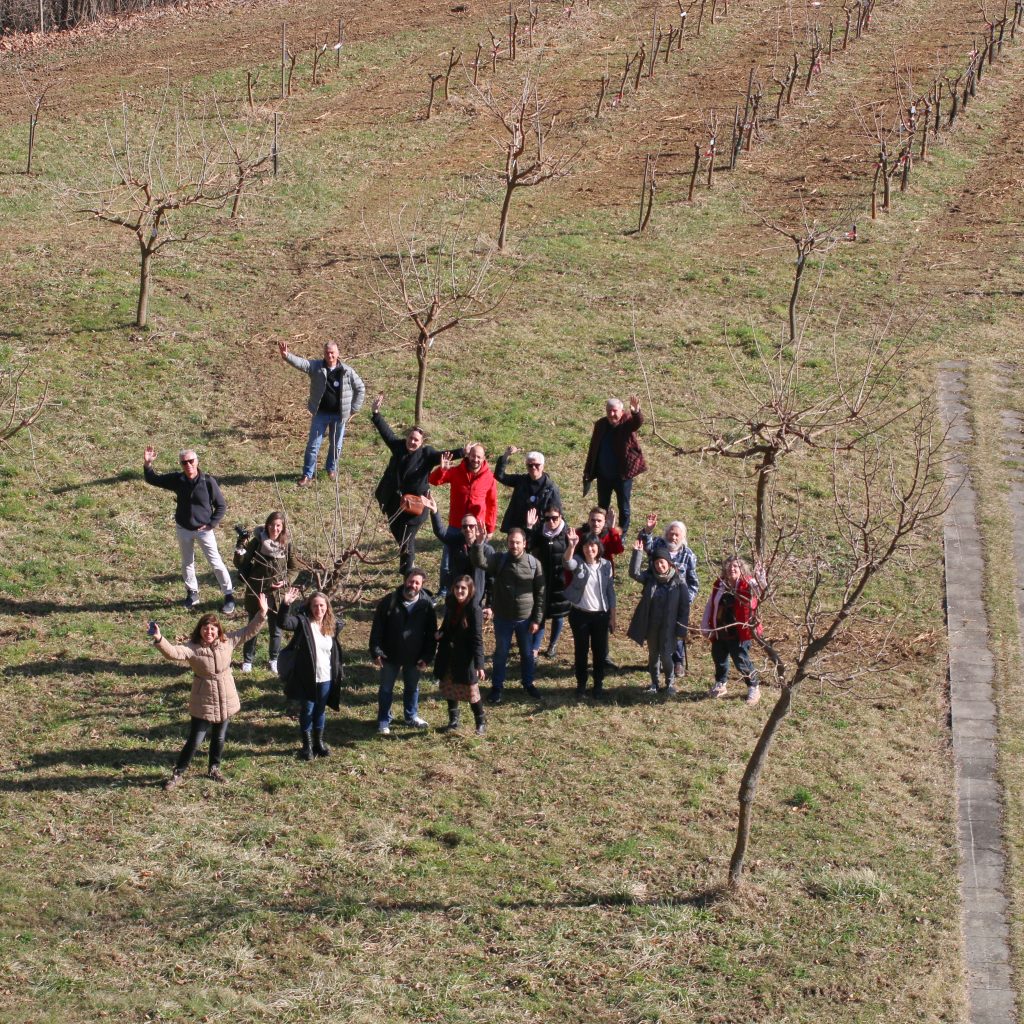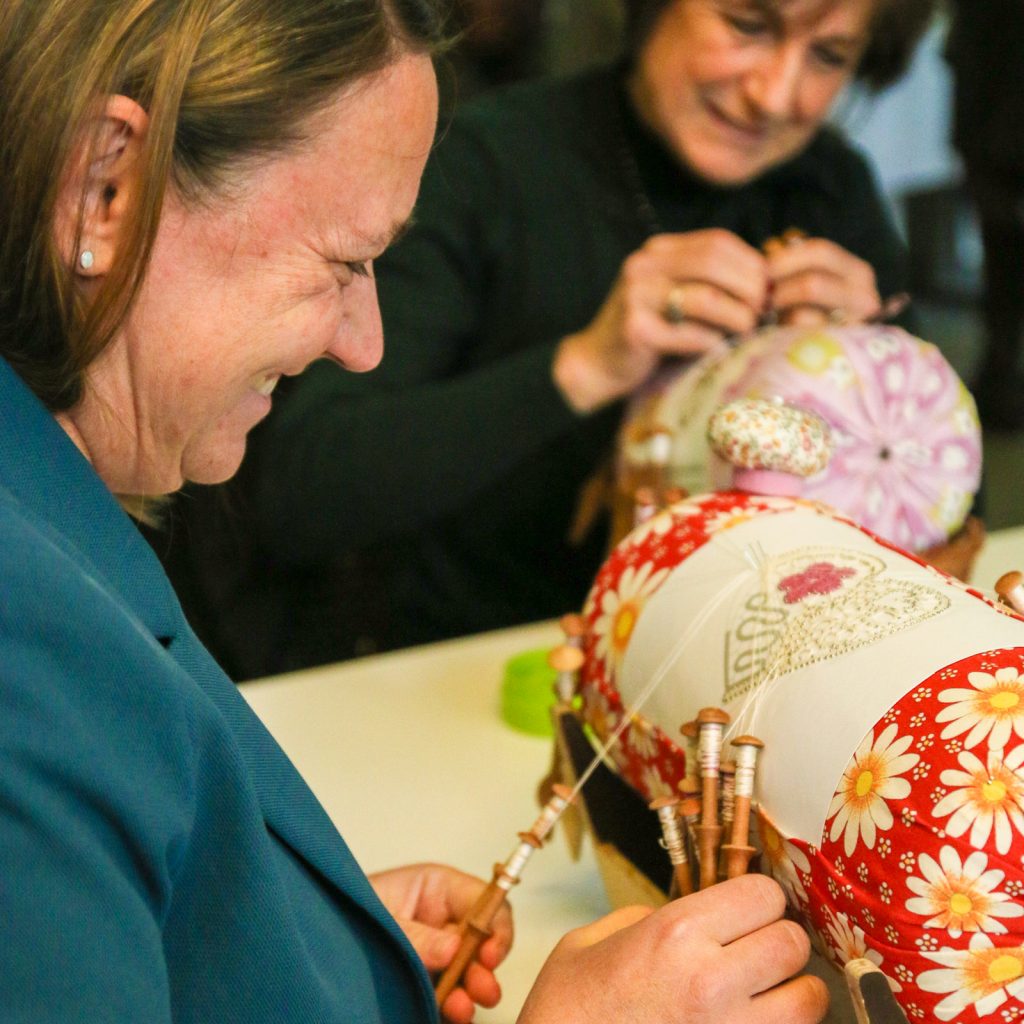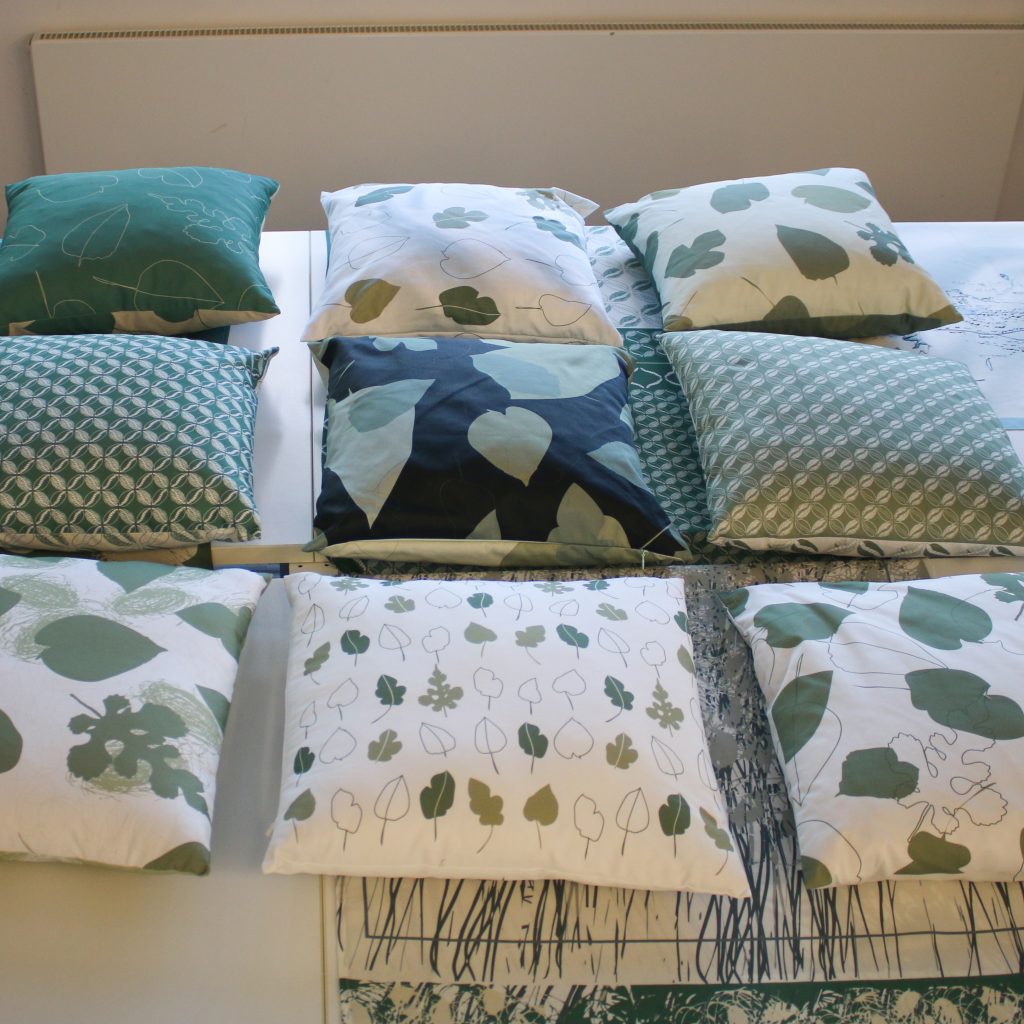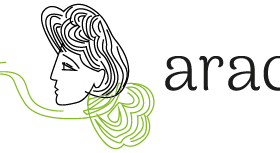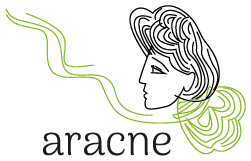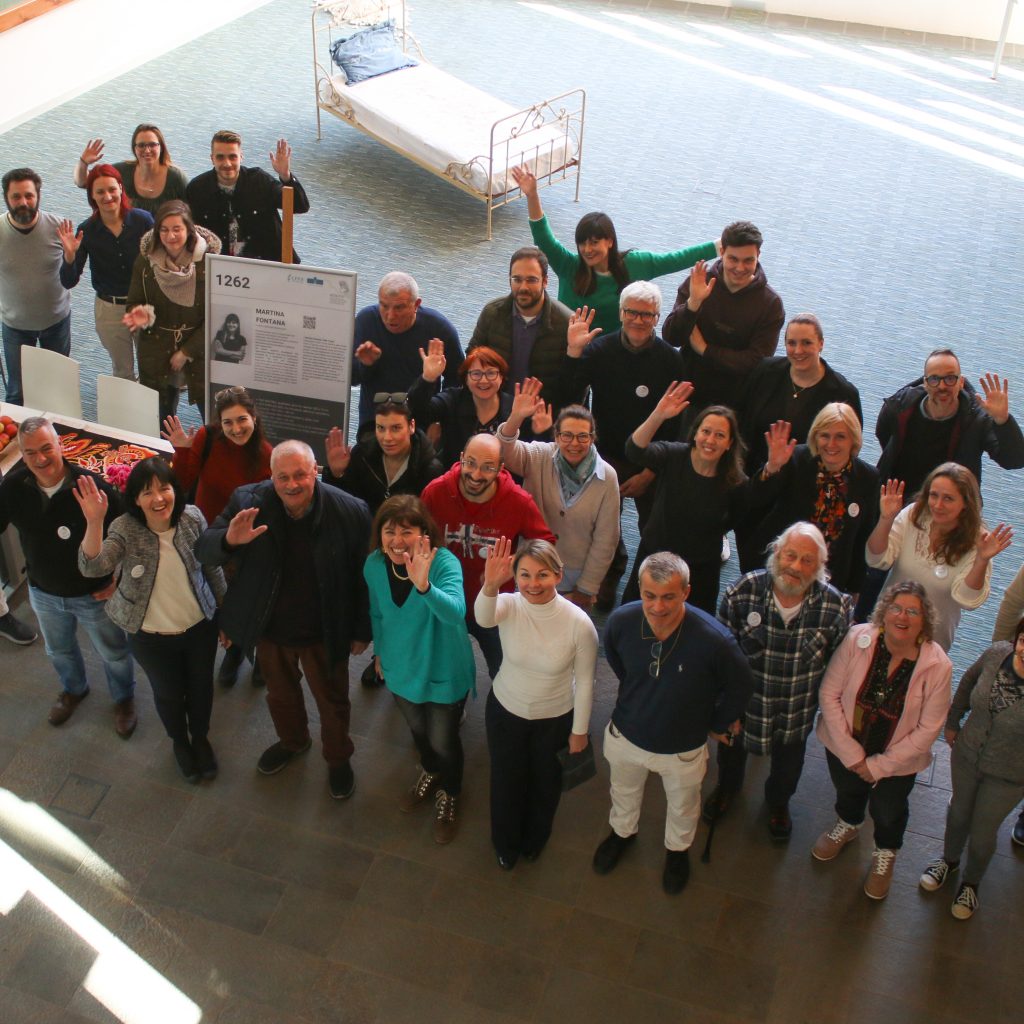
From February 19th to 21st, the international consortium of the ARACNE project celebrated its first year of activity with a three-day meeting organized by the University of Maribor in Slovenia in collaboration with the Sericulture Laboratory of Padua, Agricultural Research Center for Agriculture and Environment (CREA).
The event alternated between discussions and assessments on the progress of activities to strategize for the next two years of the ARACNE project, aiming to create a broad and well-connected Silk Innovation Ecosystem.
The ARACNE project aims to revitalize European silk production and preserve endangered local traditions by developing innovative applications in scientific, technological, and cultural industries to amplify and protect cultural heritage, with an eye toward the future of “made in Europe.”
During the three days of the event, partners had the opportunity to visit various exhibitions, providing a comprehensive look into the world of sericulture – each exhibitor telling a unique story, from the resurgence of reused silk to the beauty of naturally dyed fabrics, offering visitors an engaging experience in the heart of silk tradition and innovation.
Additionally, attendees explored various artistic expressions – from garments made by the Social Cooperative E.V.A., supporting women victims of abuse, to artworks created with the help of silkworms by contemporary artist Martina Fontana, and even a visit to the restoration laboratory in the ancient Roman city of Ptuj, where large tapestries in silk and wool are recovered.
The event served as an important moment for sharing and discussing project activities and evolution, as well as discovering the history and artistic and cultural richness of the places that hosted all the partners for three days.
To learn more, click here to read the press release.
